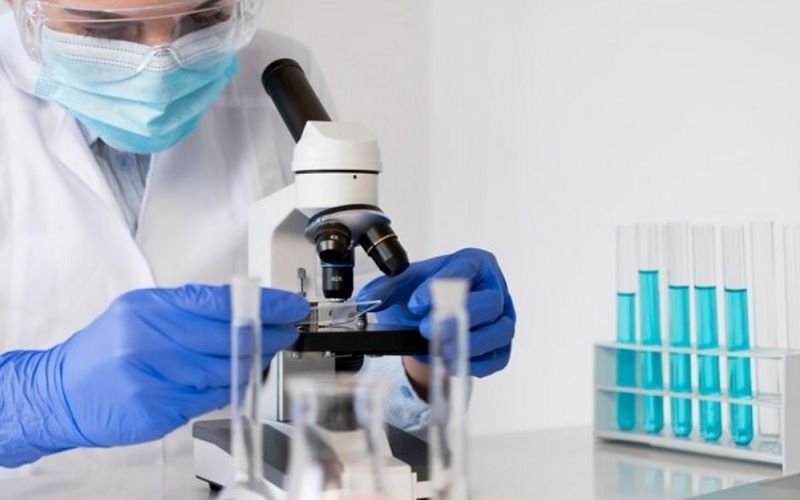A Regional Antigen Bank is Being Established in America to Combat Foot-and-Mouth Disease
A regional antigen bank for combating foot-and-mouth disease in animals, known as Banvaco, has begun operating across the two American continents. This initiative aims to ensure a rapid response in the event of outbreaks of this highly contagious disease.

The coordination of Banvaco's activities is carried out by the Pan American Health Organization (PAHO) through the Center for Foot-and-Mouth Disease and Veterinary Public Health (PANAFTOSA). The board of directors of the new organization includes representatives from relevant agencies in Brazil, Ecuador, and Paraguay. All countries in North and South America can join the network, highlighting the regional scope of the project.
Banvaco is not a single physical repository but a decentralized network structure. Laboratories in various countries across the continent maintain antigen stocks that can be used for rapid vaccine production if necessary. This approach ensures timely access to essential medications during epizootics while optimizing resources.
"Although the re-emergence of the disease in North and South America is unlikely, it is crucial for countries to be prepared, as a serious outbreak could undermine national and international food security," PAHO emphasized in their statement.
According to the organization, nearly 80% of the cattle population in North and South America is currently held in countries recognized by the World Organization for Animal Health (OIE) as free of foot-and-mouth disease without vaccination. Another 18% of animals are located in areas certified as free of the disease with vaccination. About 2% remain without such status. For instance, Brazil was declared free of foot-and-mouth disease without vaccination in May 2025.
Banvaco is not a single physical repository but a decentralized network structure. Laboratories in various countries across the continent maintain antigen stocks that can be used for rapid vaccine production if necessary. This approach ensures timely access to essential medications during epizootics while optimizing resources.
"Although the re-emergence of the disease in North and South America is unlikely, it is crucial for countries to be prepared, as a serious outbreak could undermine national and international food security," PAHO emphasized in their statement.
According to the organization, nearly 80% of the cattle population in North and South America is currently held in countries recognized by the World Organization for Animal Health (OIE) as free of foot-and-mouth disease without vaccination. Another 18% of animals are located in areas certified as free of the disease with vaccination. About 2% remain without such status. For instance, Brazil was declared free of foot-and-mouth disease without vaccination in May 2025.
Key News of the Week










